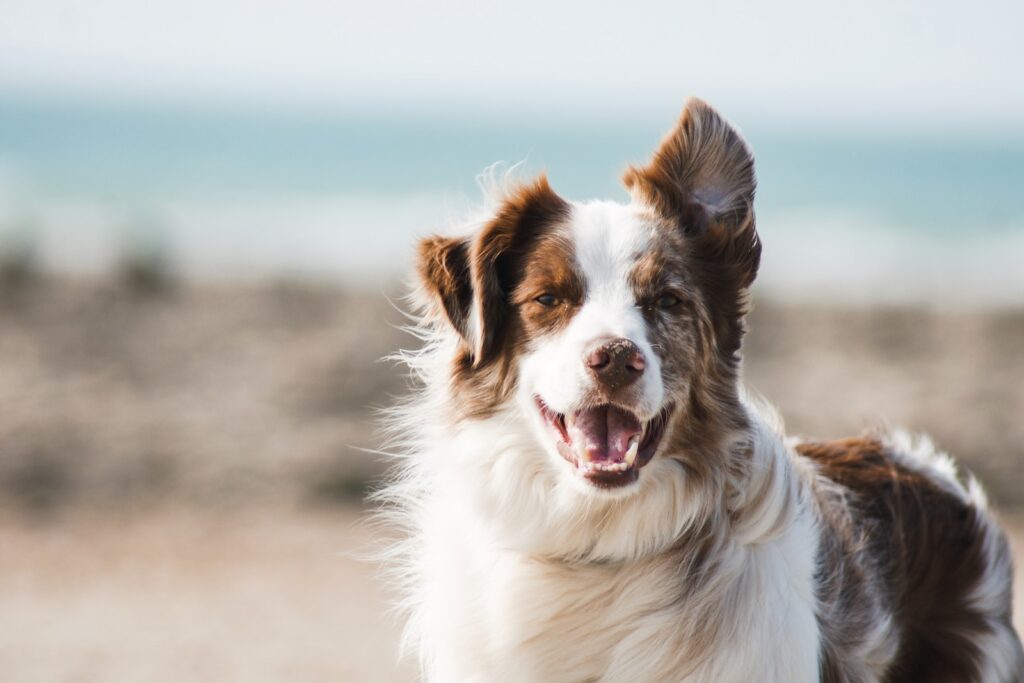Can Dogs Eat Potatoes? — Yes, They can
When it comes to potatoes, the answer is a resounding yes — dogs can indeed eat potatoes, but with caution. Potatoes are a starchy vegetable rich in carbohydrates and various nutrients that can offer several health benefits to our furry friends. However, it is essential to prepare and serve potatoes in a specific way to ensure they are safe and healthy for our canine companions.
Can Puppies Eat Potatoes?
Yes, puppies can eat potatoes too, but it is crucial to introduce them slowly and in moderation. Their digestive systems are still developing, so it is recommended to consult with a veterinarian before including potatoes in their diet. Small portions of potatoes can provide essential nutrients, but remember, balance and moderation are key.
Things to consider when feeding potatoes to puppies?
When feeding potatoes to puppies, it is important to consider the following factors:
- Age: Puppies should be at least three months old before introducing any solid food into their diet, including potatoes.
- Preparation: Potatoes should be cooked thoroughly, mashed, and free from any seasoning, spices, or additives before being served to puppies.
- Quantity: Puppies have smaller stomachs, so a little goes a long way. Start with small portions and monitor their response. If they experience any digestive issues, consult your vet immediately.
Nutritional Benefits of Potatoes for Dogs — Why Potatoes are good for Dogs?
1. Source of Vitamins and Minerals
Potatoes are rich in essential vitamins such as vitamin C, B6, potassium, and fiber. These nutrients contribute to a healthy immune system, aid in digestion, promote strong bones, and support overall well-being in dogs.
2. Energy Boost
With their high carbohydrate content, potatoes can provide a valuable energy source for active dogs. This makes them an excellent addition to the diets of more active canines or those that require additional fuel.
3. Digestive Health
Potatoes contain a good amount of dietary fiber, which aids in maintaining a healthy digestive system. Including small portions of cooked potatoes can help regulate bowel movements and prevent constipation in dogs.
4. Antioxidant Properties
Potatoes also contain antioxidants that help reduce inflammation and oxidative stress in dogs, promoting overall health and potentially reducing the risk of certain diseases.
5. Hydration Support
Potatoes have a high water content, contributing to hydration in dogs. This is especially beneficial during warmer months or for dogs prone to dehydration.
Potential Allergies: Can Dogs Be Allergic to Potatoes?
While potatoes are generally safe for most dogs, some can develop allergies or sensitivities to this starchy vegetable. It is crucial to monitor your dog for any adverse reactions when introducing potatoes into their diet. Common symptoms of potato allergies in dogs may include gastrointestinal upset, itching, skin problems, or respiratory issues.
Symptoms of Potato Allergies in Dogs
- Diarrhea: Dogs allergic to potatoes may experience digestive issues such as diarrhea or loose stools.
- Itchy Skin: Skin irritations, redness, and itchiness can be signs of potato allergies in dogs.
- Vomiting: Some allergic dogs may vomit after consuming potatoes or potato-based products.
What to Do If Your Dog Shows Symptoms?
- Consult a Veterinarian: If you notice any symptoms of allergies in your dog after consuming potatoes, it is essential to reach out to your veterinarian for proper diagnosis and advice.
- Remove Potatoes from Diet: If your dog is allergic to potatoes, it is crucial to eliminate them from their diet completely to avoid further complications or discomfort.
- Consider Food Allergy Testing: In severe cases, your veterinarian might recommend food allergy testing to identify other potential allergens and develop a suitable dietary plan for your dog.
Recommended Amount: How Much Potatoes Can a Dog Consume?
When it comes to feeding potatoes to dogs, moderation is key. While potatoes can offer various nutritional benefits, they should be given in limited quantities to prevent any adverse effects. The recommended amount depends on your dog’s size, activity level, and overall health. As a general guideline, potatoes should make up no more than 10% of your dog’s daily food intake.
Things to Consider When Feeding Potatoes to Dogs
Keep the following considerations in mind when including potatoes in your dog’s diet:
- Preparation: Potatoes should be cooked thoroughly and served plain, without any added salt, seasonings, or toppings.
- Avoid Green Potatoes: Green potatoes contain solanine, a harmful toxin that can be toxic to dogs. Ensure the potatoes used are fresh and free from any green spots.
- Balance: Potatoes should be just a part of a balanced diet. Consult with your veterinarian to ensure your dog’s nutritional needs are being met with a well-rounded meal plan.
How to Feed Potatoes to Dogs: A Quick Guide
Potatoes can be a delightful addition to your dog’s diet. Here are three simple and healthy potato recipes for your furry friend:
Potato Bites
Ingredients:
- 1 large potato
- 1 tablespoon olive oil
- Instructions:
- Preheat the oven to 400°F (200°C).
- Wash and cut the potato into bite-sized chunks or slices.
- Toss the potato pieces in olive oil.
- Spread them onto a baking sheet in a single layer.
- Bake for 20–25 minutes, until golden and crispy.
- Allow to cool before serving to your dog.
Potato and Chicken Stew
Ingredients:
- 1 cup cooked chicken, shredded
- 1 potato, peeled and diced
- 1 carrot, peeled and sliced
- 1/2 cup green beans, chopped
- 2 cups low-sodium chicken broth
- Instructions:
- In a large pot, combine all the ingredients.
- Bring to a boil, then reduce heat and simmer for about 20 minutes, or until the vegetables are tender.
- Allow the stew to cool before serving to your dog.
Potato and Yogurt Mash
Ingredients:
- 1 potato, peeled and cooked
- 2 tablespoons plain yogurt
- Instructions:
- Mash the cooked potato in a bowl.
- Add the plain yogurt and mix well.
- Serve a small portion as a treat or mix with your dog’s regular food for added flavor.
Conclusion
When it comes to potatoes, dogs can enjoy them in moderation and with proper preparation. Potatoes offer nutritional benefits, including vitamins, minerals, and energy. However, it is essential to consider your dog’s specific dietary needs and potential allergies. Always consult with your veterinarian before introducing any new food into your dog’s diet. By following these guidelines and savoring the delights of potatoes, you can enhance your furry friend’s mealtime experience and contribute to their overall well-being.






